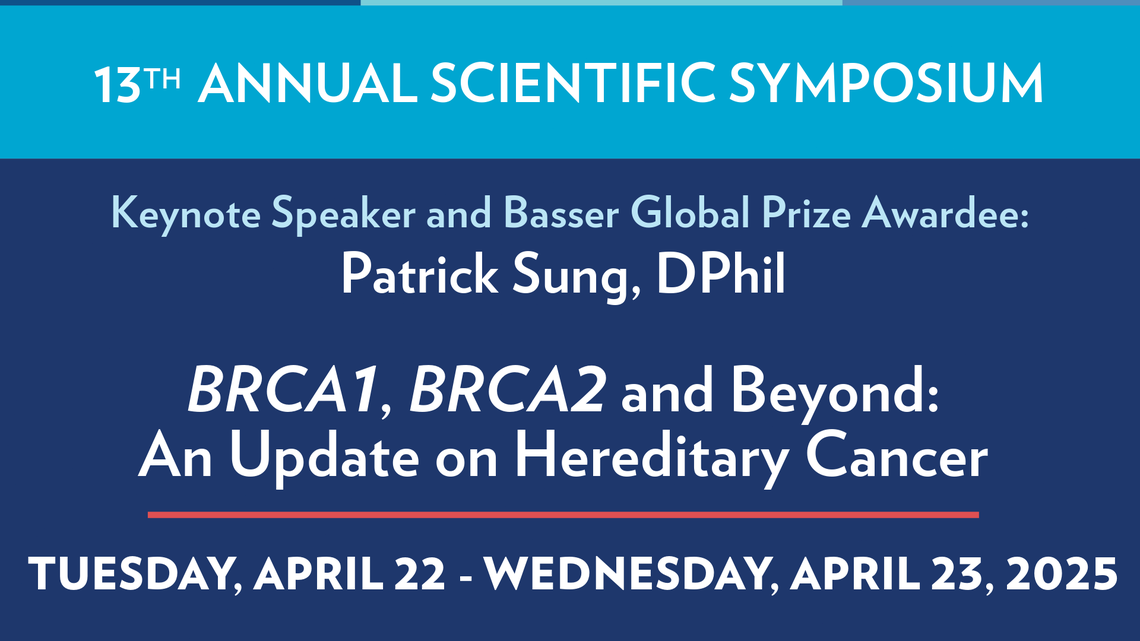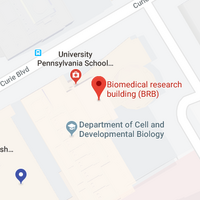Welcome to the Maxwell lab!
Welcome to the Maxwell Lab! We are a translational human genetics and genomics research laboratory studying mechanisms of tumor formation in inherited cancer syndromes. We have a focus on breast and prostate cancer, particularly related to inherited BRCA1, BRCA2 and TP53 disease-causing variants, but we are interested in the broad range of tumor types affected by DNA repair deficiency. We are using multi-omics analyses of human samples coupled with in vitro and in vivo modelling systems to understand how tumors form in patients with inherited cancers.
For our work in prostate cancer genetics, we leverage the resources of the Basser Center for BRCA (https://www.basser.org/), the Penn Medicine Biobank (https://www.itmat.upenn.edu/biobank/), the Veterans' Affairs and Prostate Cancer Foundation Partnership (https://www.pcf.org/va-partnership/) and the VA Million Veterans' Program (https://www.mvp.va.gov/). Dr. Maxwell is the Director of the Basser Center’s Men and BRCA program (https://www.basser.org/brca/brca-men).
We are actively involved in many aspects of basic, translational and clinical research in Li Fraumeni Syndrome, caused by germline TP53 disease causing variants. We are one of the founding members of the EDISYN consortium (https://www.edisyn.org/) to study early cancer detection in patients with Li Fraumeni Syndrome, and we are active participants in the LIFTUp study (https://liftupstudy.org/).
We take a multi-disciplinary approach, collaborating with our colleagues across basic science labs and the clinical arena. Our research is funded by the National Cancer Institute, the Veterans’ Affairs, the Prostate Cancer Foundation, the Burroughs Wellcome Foundation, the Li Fraumeni Syndrome Association and the Basser Center for BRCA.
We believe science and society are strengthened by diversity in our backgrounds and perspectives. All of us in the Maxwell Lab are committed to maintaining a supportive and welcoming environment for individuals regardless of age, gender, gender identity, gender expression, sexual orientation, pregnancy, marital status, family structure, disability, ethnicity, race, religion, nationality, or socio-economic background.
Contact us for more details on rotation and post-doc projects in the fields of:
- Prostate cancer genetics
- BRCA1/2 cancers in men
- Li Fraumeni Syndrome and TP53-related disorders
- Utility of polygenic risk scores in cancer risk determination
Announcement
Basser Scientific Symposium - April 22 - 23, 2025
This hybrid symposium is designed to educate researchers, scientists, and health care providers in cancer genetics by presenting cutting-edge data from renowned researchers and clinicians. This symposium will provide new information on progress in cancer screening and prevention, as well as ongoing work in targeted therapy for BRCA1, BRCA2 and other mutation carriers through a series of lectures and panel discussions.

Recruitment
Postdoctoral researchers
We are always looking for qualified and enthusiastic applicants interested in joining our team. In particular, individuals seeking opportunities at the postdoctoral level are encouraged to apply.
https://www.med.upenn.edu/apps/my/index.php?_app_id=61856c2709c52&_display=1&_hist_id=1&_preserve[init_panel]=bpp_postings%2Fmain&_preserve[fid]=0&_preserve[pid]=26951&CEALID=
Penn graduate students
We have rotation projects available. Dr. Maxwell is a member of the Graduate Group in Genomics and Computational Biology (GCB) and Cell & Molecular Biology Graduate Group (CAMB).
Penn undergraduate students
There are also research opportunities open within our lab for Penn undergraduate students.
____________________________________________________________________________________________________________________
For patient inquiries
Please visit here.


